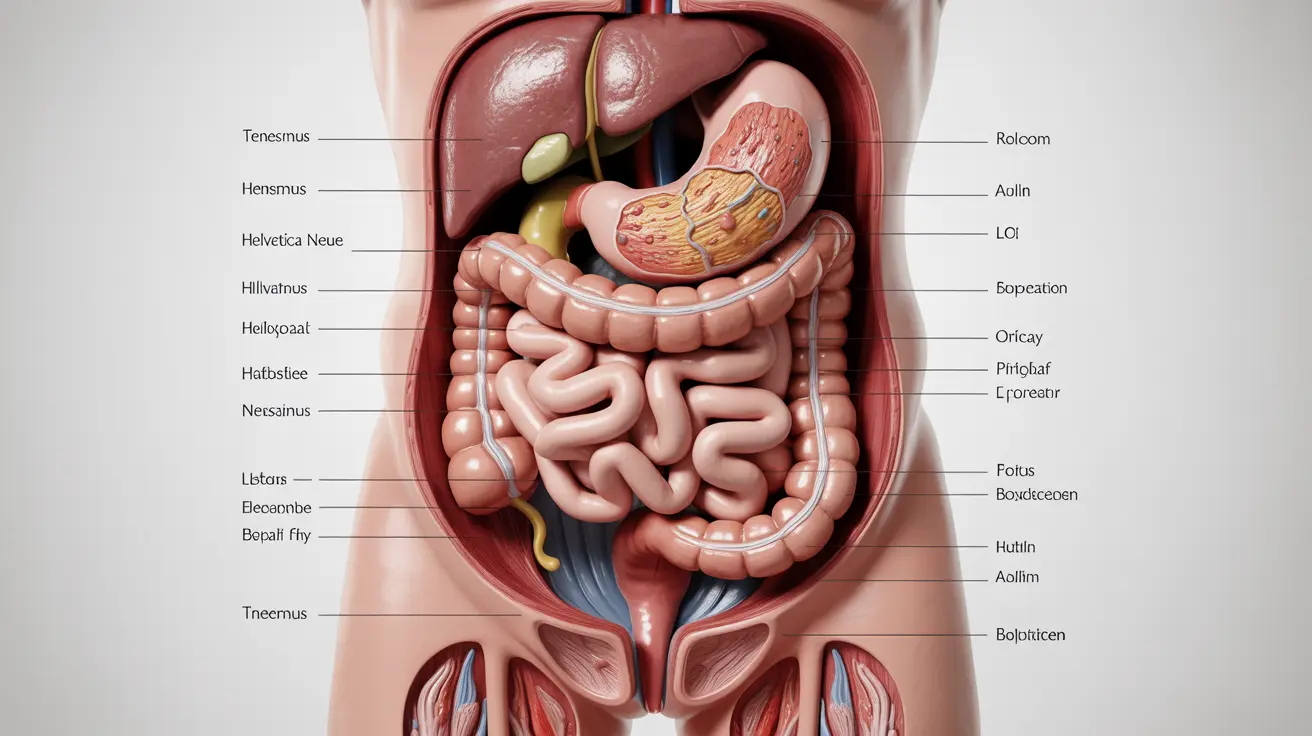Tenesmus is a challenging and often distressing condition where you feel a constant urge to have a bowel movement, even when your bowels are empty. This sensation can be accompanied by cramping, straining, and rectal pain, significantly impacting daily life and comfort. Understanding this condition is crucial for proper diagnosis and management.
While tenesmus itself isn't a disease, it serves as an important warning sign that something isn't right in your digestive system. This symptom can be associated with various underlying conditions, ranging from minor inflammatory issues to more serious medical concerns that require prompt attention.
Key Symptoms and Recognition
The primary characteristic of tenesmus is a persistent feeling of needing to pass stool, despite having an empty bowel. This sensation often comes with other notable symptoms:
- Rectal pain or pressure
- Lower abdominal cramping
- Straining during bowel movements
- Small, incomplete bowel movements
- Pelvic discomfort
These symptoms can vary in intensity and may come and go throughout the day, causing significant discomfort and anxiety for those affected.
Common Causes and Diagnosis
Several medical conditions can trigger tenesmus, and proper diagnosis is essential for effective treatment. Common causes include:
Inflammatory Conditions
- Inflammatory Bowel Disease (IBD)
- Ulcerative colitis
- Crohn's disease
- Proctitis
Infections
- Bacterial infections
- Parasitic infections
- Sexually transmitted infections affecting the rectum
Other Medical Conditions
- Colorectal cancer
- Rectal prolapse
- Hemorrhoids
- Diverticular disease
Diagnosis typically involves a thorough medical history, physical examination, and possibly additional tests such as colonoscopy, sigmoidoscopy, or imaging studies to identify the underlying cause.
Treatment Approaches
Treatment for tenesmus focuses on addressing the underlying condition causing the symptoms. The approach may include:
Medical Treatments
- Anti-inflammatory medications
- Antibiotics for infections
- Specific treatments for diagnosed conditions
- Pain management medications
Lifestyle and Dietary Modifications
- Dietary changes to reduce irritation
- Increased fiber intake when appropriate
- Proper hydration
- Regular exercise
- Stress management techniques
Frequently Asked Questions
What are the common symptoms that indicate someone has tenesmus?
The primary symptoms of tenesmus include a constant urge to have a bowel movement despite an empty bowel, rectal pain or pressure, straining during bowel movements, and lower abdominal cramping. These symptoms may be accompanied by small, incomplete bowel movements and general pelvic discomfort.
What medical conditions most often cause tenesmus and how is it diagnosed?
Tenesmus is commonly caused by inflammatory bowel diseases, infections, hemorrhoids, and sometimes colorectal cancer. Diagnosis typically involves a physical examination, medical history review, and may require procedures such as colonoscopy, sigmoidoscopy, or imaging studies to determine the underlying cause.
How is tenesmus treated depending on its underlying cause?
Treatment varies based on the underlying cause. It may include anti-inflammatory medications, antibiotics for infections, specific treatments for diagnosed conditions, and pain management. The treatment plan is tailored to address the specific condition causing the tenesmus symptoms.
Can lifestyle changes or dietary adjustments help reduce tenesmus symptoms?
Yes, lifestyle modifications can help manage tenesmus symptoms. These include dietary changes to reduce irritation, maintaining proper hydration, increasing fiber intake when appropriate, regular exercise, and stress management techniques. However, these changes should be made in conjunction with treating the underlying cause.
Is tenesmus a sign of colorectal cancer or other serious diseases?
While tenesmus can be a symptom of colorectal cancer, it's more commonly associated with less serious conditions like hemorrhoids or inflammatory bowel disease. However, persistent tenesmus should always be evaluated by a healthcare provider to rule out serious conditions and determine the appropriate treatment approach.




